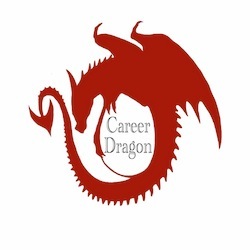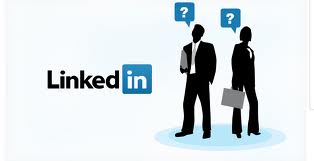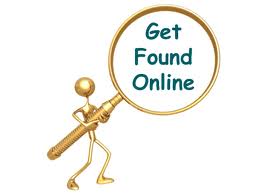Related: Lesser Known Places to Find a Job
But, and you knew the but was coming, don't pretend you didn't, how truly meaningful are these networking connections when it comes to doing business together? Or finding a job? It can lead to opportunities, for sure. But the truly best way to network is to actually leave your house and talk to people in person.
Now, don't panic. It's ok to talk to other people. They want to talk to you and with all the time you spend online keeping up with world events and your industry's latest developments you have plenty to talk about. Spending so much time interacting with people online can make you forget how much fun it is to actually meet people face to face. And it is fun. It also makes a more meaningful connection. People want to work and do business with people they know and like. It's not just about networking, it's about building a relationship.
Yesterday I attended a new networking group meeting. It was new for me, not them. They've been meeting for a while now and I just joined. I got to talking with one of the members who mentioned that the group had been growing. This person had been a member of another networking group but found that the other group was focused on just passing around business cards with promises to send business to each other. As a result, that group didn't build relationships with each other and started losing members. Turns out, the group I joined focuses on building relationships. They were asking after each other's families and vacation plans. They had inside jokes and laughed and actually enjoyed each other's company. It was one of the most fun networking meetings I've been to. I came away with several leads to generate new clients, an invitation to coffee to discuss how another member and I can help each other and a new friend. Although I enjoy the online connections I make, this was much more productive and gave me real world results. And it wouldn't have happened if I hadn't left the house.
Related: A Great Attitude Gets Great Results
There are lots of places to network with people, keeping in mind networking is another word for building relationships. You can join the Sierra Club and go hiking, you can do volunteer work (The Red Cross always needs volunteers) or you could find a networking group in your area. Business Networking International is a formalized group you can join. There are also local networking groups, such as Contacts and Coffee which is based in the central to southern California area. Your local Chamber of Commerce can help out, too. Give them a call and ask if there are groups meeting in your area. They're pretty good about helping out.
Your next job is most likely going to come about through someone you know. People like to hire people they know or someone that's been referred to them by someone they know. So get out there and start talking to people. It's fun, you build relationships and it gets you out of the house for a bit. Your computer and all your online connections will still be there when you get back. I promise.
































